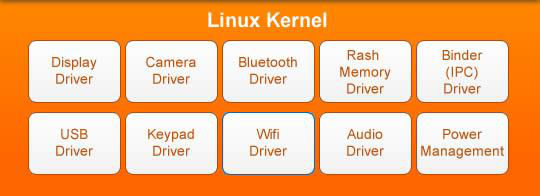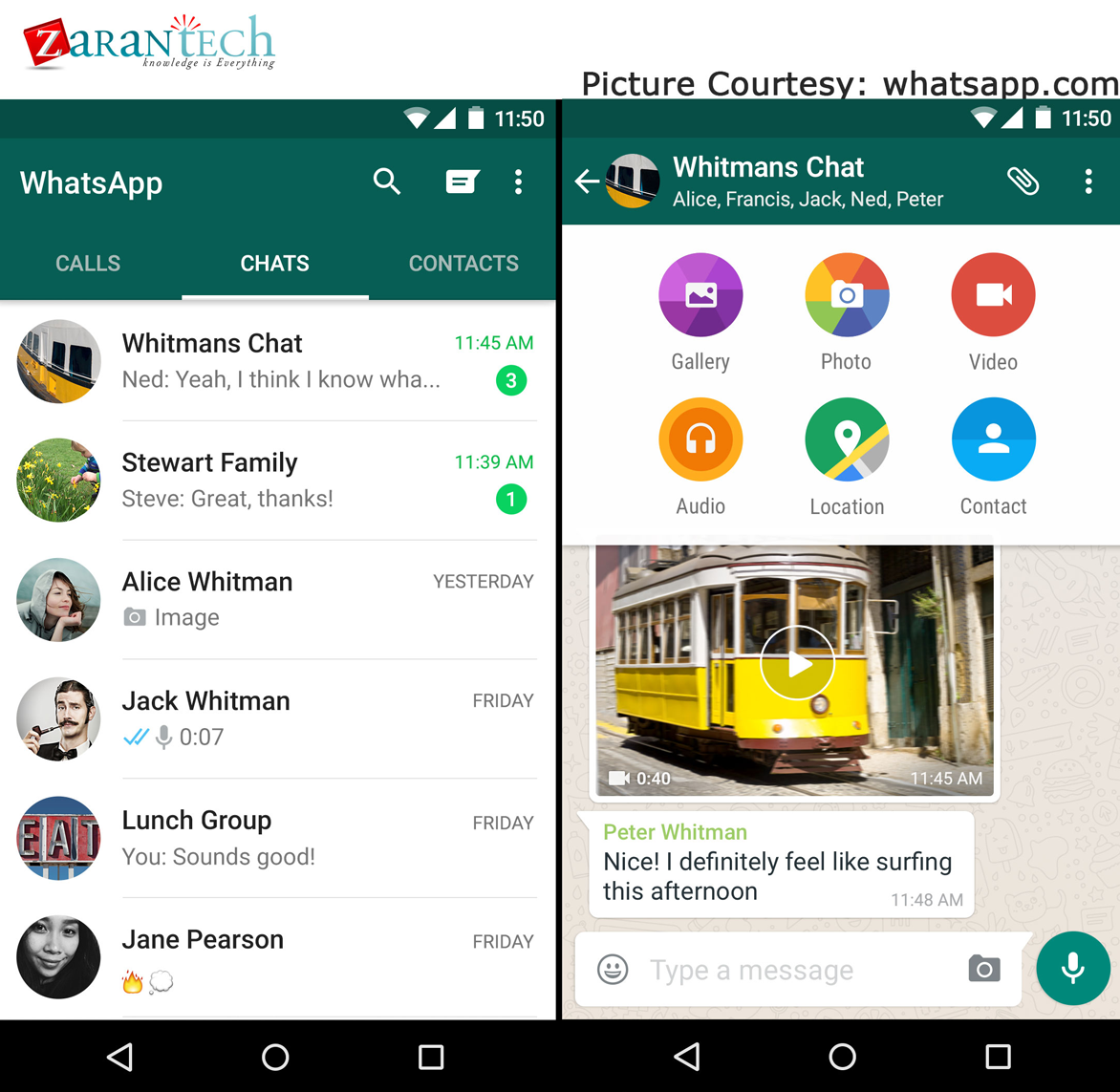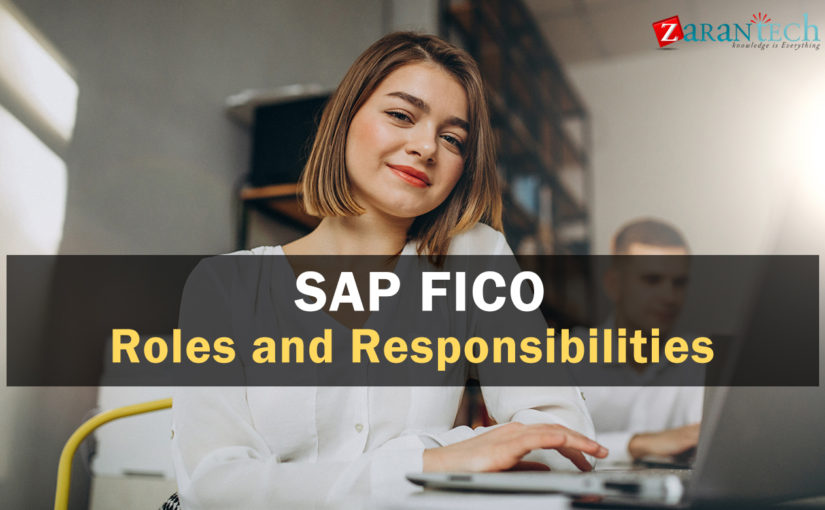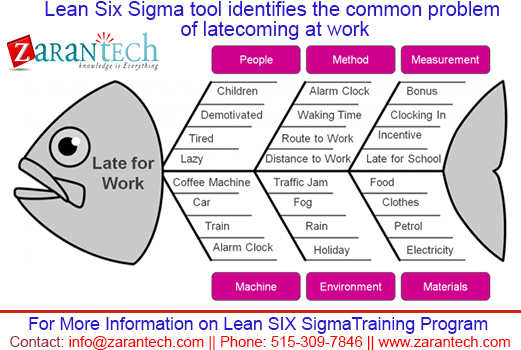Top 10 Android Interview Questions for Fresher
Category: General Posted:Jan 13, 2016 By: Alvera AntoTop 10 Android Interview Questions for Fresher
How many core technical questions do you prepare for your Android development interview? Not many questions right!!
In this article, we have listed some of the Frequently Asked Questions for Android interview.
Android Operating System is an emerging trend in the technology. As a result masters in android application developers are in great demand. To win a top paying job, you have to demonstrate the passion for the technology and even expertise in the subject. Here are some of the effective and frequently asked android interview questions and answers.
Question #1: What is Android’s Architecture?
This question reveals how formal training a android developer had. A candidate must know the key concepts of Android OS. The term android’s architecture indicates the building blocks of the Android OS.
The android architecture is made up of:
- Linux Kernel
- Libraries
- Android Framework
- Android Applications
Linux Kernel
Linux Kernel is the bottom layer in the Android stack. Its is the heart of the Android System but it will not interact with the developers or users.
Libraries
Android’s native libraries are the next layer in the Android architecture. A set of instructions in handling different types of data is carried in Libraries. For example, android.text library is used to render and manipulate text on a device display.
Dalvik VM is a register based Virtual Machine which is optimized for low memory requirements. It allows multiple VM instances to run at once.
Application Framework
This layer directly interacts with the applications. These blocks manage the basic functions of mobile phone. The important blocks of application framework are:
- Content Providers manage the publishing and data sharing between applications.
- Activity Manager manages the activity life cycle of the application. It controls the application activity stack.
- Telephony Manager manages all voice calls.
buy vibramycin online https://familyvoicesal.org/images/logos/gif/vibramycin.html no prescription pharmacy
- Resource Manager provides access to non-code embedded resources.
- Location Manager manages the location
Applications
The top most layer of the android architecture is Application layer. This provides access to basic applications such as making phone calls, sending an SMS and browsing the Web.
Question #2: What is manifest file?
Manifest file includes the critical information about the application such as Java package name of the application. Every android application must have this manifest file in its root directory “AndroidManifest.xml”.
Question #3: What are the different phases of Activity life cycle?
The call back events are defined in the Activity class. It is not mandatory to implement all the callbacks. However, developer must understand each callback and implement so that the application must behave as the user expects.
| Callback | Description |
| onCreate() | This is the first activity and called when the activity is created for the first time. |
| onStart() | This is called when the activity is visible to the user. |
| onResume() | This is called when user starts interacting with the application. |
| onPause() | This is called when the current activity is paused and the previous activity is resumed. The current paused activity will not receive any input or execute.
buy fluoxetine online https://familyvoicesal.org/images/logos/gif/fluoxetine.html no prescription pharmacy
|
| onStop() | This is called when the activity is no longer visible. |
| onDestroy() | This is called before the activity is being destroyed. |
| onRestart() | This is called when the activity restarts. |
Question #4: What is ANR?
ANR stands for Application Not Responding. It is a dialog box which appears when the application does not work for 10 seconds. This box provides an option of either waiting for it to finish or closing the application.
Question #5: What is Explicit and Implicit intent?
In an explicit intent, the activity is required to respond to the specified intent whereas in an implicit intent, the intent is declared and the activity can respond to the activity in the platform.
Question #6: What is Android Emulator?
An implementation of the Android VM which is designed to run with in a virtual device. It is used in testing and debugging android applications.
Question #7: What are Services?
Services are android component which runs in the background even if the user switches to other applications. For example, Service component in Whatsapp would be a new message in chats. It continues to run even if the user switches to other applications.
Scenario: Even if the user continues to chat with Cosmos, still the user got new message notification at the background.
Question #8: What are the different types of data types supported by AIDL?
The data types that are supported by AIDL are:
All built-in data types o Java
- String
- CharSequence
- List
- Map
Question #9: What is singleton class?
Singleton class is a class which can only create objects and that object can be sharable to all the classes.
Question #10: What is nine-patch image tool in object?
By using this tool, we can change the bitmap images in nine sections an axis, four corners and four edges.











 99999999 (Toll Free)
99999999 (Toll Free)  +91 9999999
+91 9999999